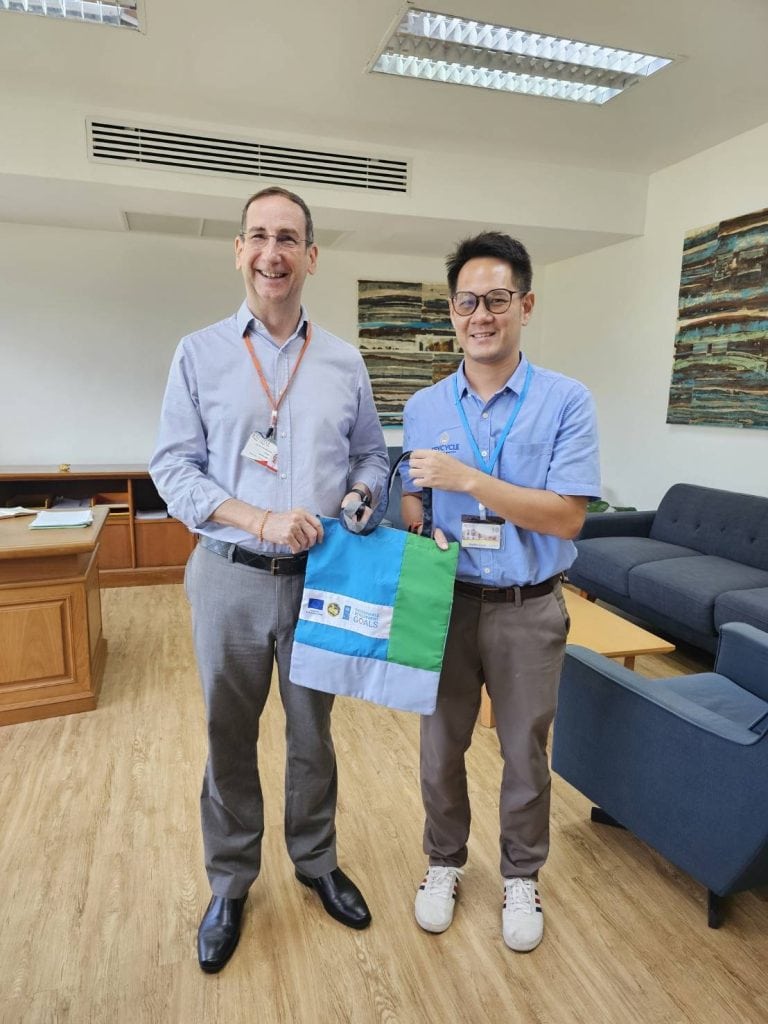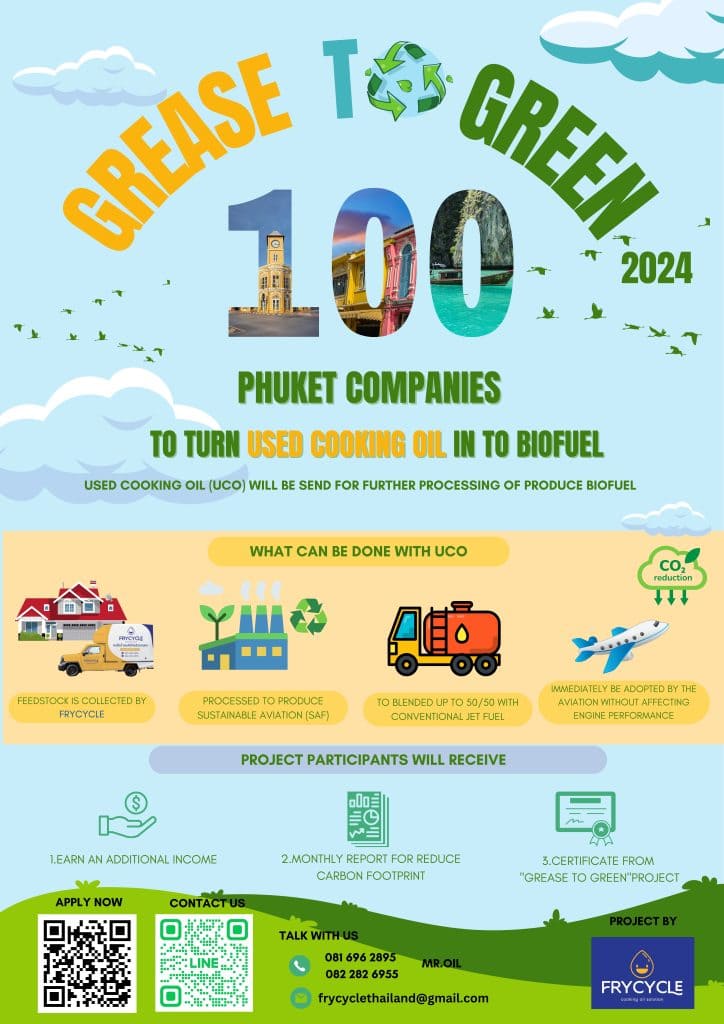| Getting your Trinity Audio player ready... |
BISP recently took another significant step towards more sustainable business practices by partnering with FryCycle. FryCycle is a Phuket-based organisation that works with establishments across the island to tackle the issue of responsibly discarding non-biodegradable used cooking oil (UCO) and ensuring it is converted into Alternative Fuel (Biofuel).
By participating in this initiative, BISP not only reaffirms its commitment to reducing environmental impact but also contributes to the efficient and sustainable utilisation of resources. This partnership is part of FryCycle’s ambition to partner with 100 Phuket companies to turn used cooking oil into alternative fuel.
FryCycle hopes to work with hotels, restaurants, schools, and hospitals across the island and within the region to positively contribute to the following Sustainable Development Goals (SDGs):

SDG 3 – Good Health and Well-being: By converting UCO into biofuel, FryCycle reduces the pollution and health risks associated with improper disposal of cooking oil, contributing to a cleaner and healthier environment.
SDG 11 – Sustainable Cities and Communities: This initiative supports the creation of sustainable communities by promoting eco-friendly practices and reducing the carbon footprint associated with traditional fossil fuels.
SDG 12 – Responsible Consumption and Production: FryCycle’s programme encourages responsible consumption and production by ensuring that waste oil is recycled and reused, aligning with the principles of a circular economy.
The collaboration between BISP and FryCycle marks a significant milestone in the school’s ongoing sustainability efforts. By embracing innovative solutions to environmental challenges, BISP continues to lead by example, inspiring students and the community to adopt greener practices.
This partnership not only enhances the school’s sustainability initiatives but also contributes to the broader goal of creating a more sustainable and resilient future for Phuket.

